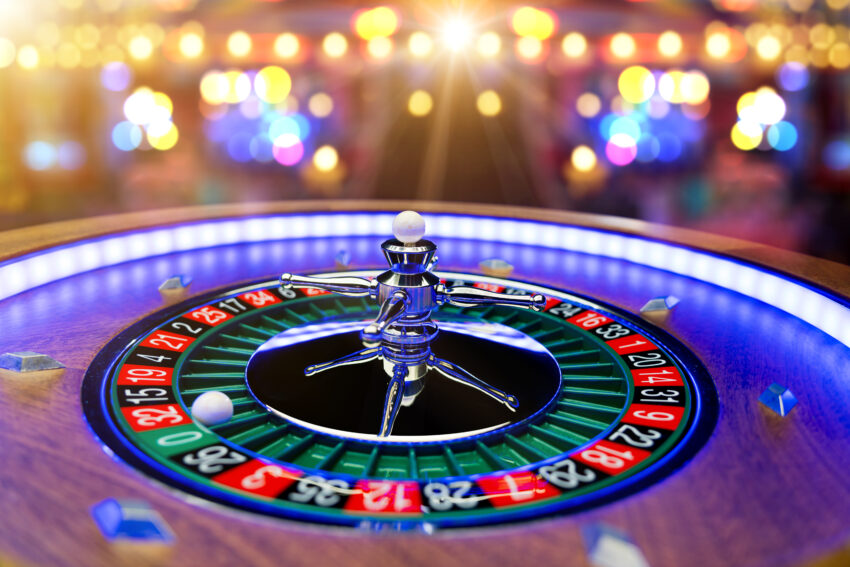Roulette, one of the most iconic games in the casino gaming landscape, has a fascinating history. Its origins come from various influences, each contributing to the game as we know it today.
The game has transformed massively from its early beginnings and you can now find many modern variations of the game, from mini Roulette to live Roulette.
If you want to take a deeper look at the game’s origins, you’re in the right place to learn!
Early beginnings
The roots of Roulette can be traced back to ancient civilisations where games of chance were popular. The Greeks and Romans are known to have played basic versions of chance-based games using shields and chariot wheels. Although these early games bear little resemblance to modern Roulette, they reflect a universal human interest in randomness.
The birth of the Roulette wheel
The more direct ancestor of Roulette is found in 17th-century Europe. The game’s invention is often attributed to Blaise Pascal, a French mathematician and inventor. In his quest to create a perpetual motion machine, Pascal accidentally laid the groundwork for the Roulette wheel. While Pascal’s perpetual motion machine was scientifically impossible, the design and concept of the spinning wheel became central to Roulette.
European influences
Roulette was influenced by existing European games as it began to take shape. One game was the Italian “Biribi,” a lottery-style game where players bet on numbers. Another was the French game “Roly Poly,” which involved spinning a wheel and betting on the outcome. These games contributed elements that would become important to Roulette, such as betting on numbers and the use of a wheel.
Zero introduction
A crucial development in the evolution of Roulette occurred in the 18th century with the introduction of the zero and was credited to Frenchmen François and Louis Blanc, who in the 1840s, designed a roulette wheel featuring a single zero. This addition was revolutionary, as it gave the house a mathematical edge. The inclusion of the zero transformed Roulette from a simple game into a staple of many casinos.
Going to America
Roulette made its way across the Atlantic in the 19th century, where it transformed even more. American casinos introduced a wheel with an additional double zero, increasing the house edge and creating what is now known as the American roulette wheel. This variant differs from the European version, which typically features a single zero. The two versions coexist today, with individuals having their different preferences.
Cultural impact and popularity
Roulette’s journey from a scientific curiosity to a casino staple is marked by its profound cultural impact. The game’s name, derived from the French word for “little wheel,” highlights its French origins. Over the centuries, its presence in literature, film, and popular culture has cemented its status as a quintessential casino game.
Modern developments
In recent decades, Roulette has continued to evolve. The advent of online casinos has brought the game to a broader audience, allowing players to experience the game from wherever they have a reliable internet connection. Technological advancements have introduced electronic and automated versions of Roulette, further diversifying how the game can be played. Plus, you can now play live games! Despite these changes, the core elements of Roulette remain unchanged and are still what this game is known for.
The origins of Roulette are a rich tapestry of history and cultural evolution. From the ancient games of chance to Pascal’s scientific experiments and more, Roulette has been a staple within the gaming landscape. Whether played in a brick-and-mortar casino or online, Roulette combines all the best elements of a casino game!


